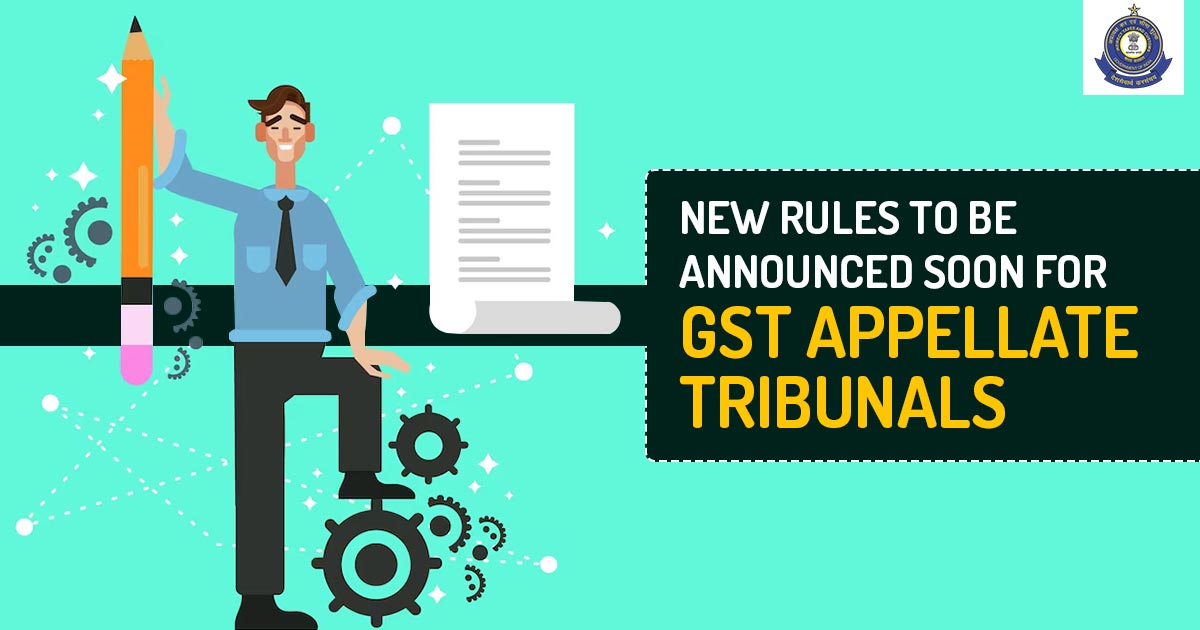
For setting the GST appellate tribunals and hiring the members post-approval via GST council the central govt shall provide the guidelines, CBIC official stated. Shashank Priya member of the Central Board of Indirect Taxes and Customs (CBIC) (GST) mentioned that the department would be rendering for growing the assessee base and performing the data triangulation with the corporate assessees in the income tax regime.
Under the GST merely 40% of the corporate income taxpayer base would have been enrolled. 1.39 crore firms have registered for GST, which is almost twice as many as there were on July 1, 2017, the day GST was introduced.
In the last two years, the GST revenue buoyancy, which was 1.25 following the implementation of the indirect tax regime in 2017 increased to 1.40.
From Rs. 89,885 crore in 2017–18 to Rs. 1.50 lakh crore in 2022–23, the average monthly GST income grew. The average monthly revenue in 2023–2024 will be Rs. 1.69 lakh crore.
We are working in a calibrated manner; we are not using a Big Bang strategy. Priya mentioned that we are now implementing more trade-friendly measures. After the Council’s approval, we are in the process of informing the rules. We must put the necessary institutions and manpower in place. We anticipate finishing it sooner. Priya spoke at the GST gathering of Ficci. The qualifications and work history of the tribunal members will also be approved by the council.
Read also: GST Collection Rises 12% to INR 1.61 Lakh Crore in June 2023
Parliament approved modifications to the Finance Bill in March, opening the way for the creation of appellate tribunals to handle GST-related disputes.
According to the concept, the tribunal would establish benches in each state, and a Principal Bench would sit in Delhi to handle appeals pertaining to “place of supply.”
At present, taxpayers who are dissatisfied with a tax authority’s decision must file a lawsuit in the High Court. Due to the High Courts’ existing case backlog and lack of a specific bench to handle GST disputes, the resolution procedure takes longer.
Read also: GSTAT: Definition, Members, Reason of Delay Domino Effect
The establishment of benches at the state and national levels would facilitate quicker dispute resolution. According to Priya, some companies have abused the registration procedure. The CBIC is working to make the registration process more stringent and is utilizing information technology to find fraudsters.
He stated that 45,000 bogus GST registrations comprising Rs 13,900 crore in evasion are being investigated as part of a two-month-long drive by central and state tax officers to catch bogus registration. The officers have also prevented the misuse of ITC (Input Tax Credit) worth Rs 1,430 crore.